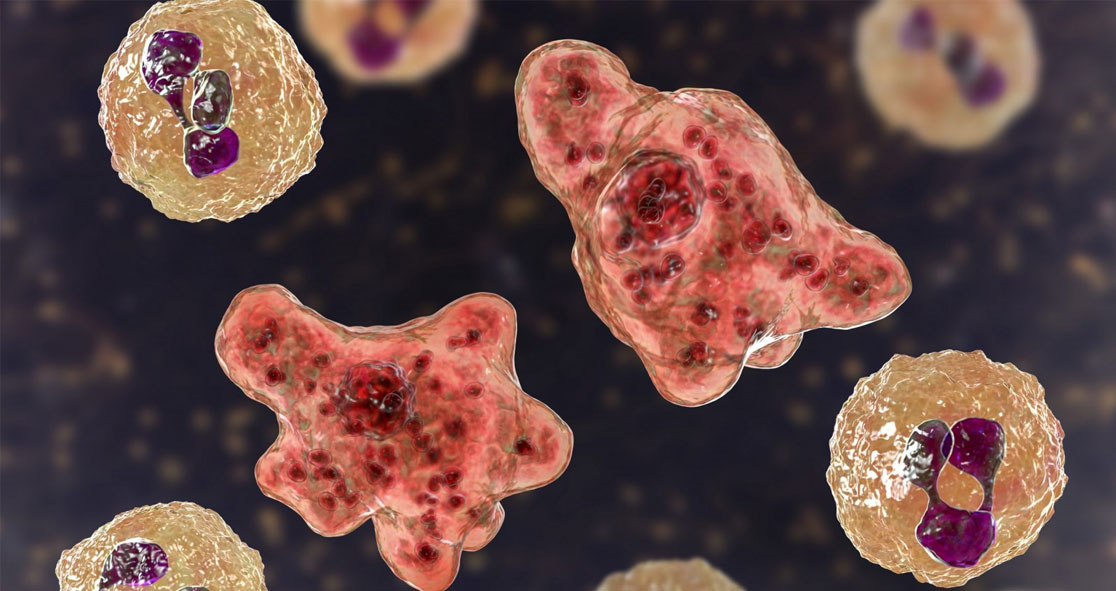A seven-year-old boy from Tehama County, California, died August 7 from a rare brain-eating amoeba infection, according to Forbes.
The seven-year-old boy caught an amoebic parasite known as Naegleria fowleria while swimming in a Northern California lake. The brain-eating amoeba landed the boy in the ER on July 30. He was rushed to the University of California- Davis (UC Davis) Medical Center.
The boy’s condition progressively worsened, needing life support, but he eventually succumbed to the infection.
The Centers for Disease Control and Prevention (CDC) says Naegleria fowleri is commonly referred to as the “brain-eating amoeba.” It is a free-living microscopic amoeba, which can cause a rare and devastating infection of the brain known as primary amebic meningoencephalitis (PAM).
The ameba is commonly found in warm freshwaters, such as lakes, rivers, and hot springs, and soil, according to CDC.
Naegleria fowleri usually infects people when contaminated water enters the body through the nose. Upon entering through the nose, the parasite travels to the brain where it causes PAM, which is usually fatal. The CDC says you cannot get infected from swallowing or drinking water contaminated with Naegleria.
PAM is a central nervous system disease that is almost always fatal. So far, only 4 people in the U.S. out of 148 have survived infection from 1962 to 2019.
Signs and symptoms of PAM are clinically similar to bacterial meningitis (brain inflammation), which lowers the chances of initially diagnosing PAM. Symptoms typically start 1 to 9 days after nasal exposure to Naegleria-contaminated water. The disease is difficult to detect initially because it progresses rapidly and the diagnosis is made after death.
In stage 1, patients with PAM experience severe frontal headache, fever, nausea, and vomiting, while in stage 2, they may experience neck stiffness, seizures, altered mental status, hallucinations, and even coma.
Although the prognosis of PAM caused by the brain-eating amoeba is poor, early diagnosis and new treatments might increase the chances of survival, according to the CDC. Recently, one experimental breast cancer and leishmaniasis drug called miltefosine (Impavido) has shown some promise in killing free-living amoebas, including Naegleria fowleri.























